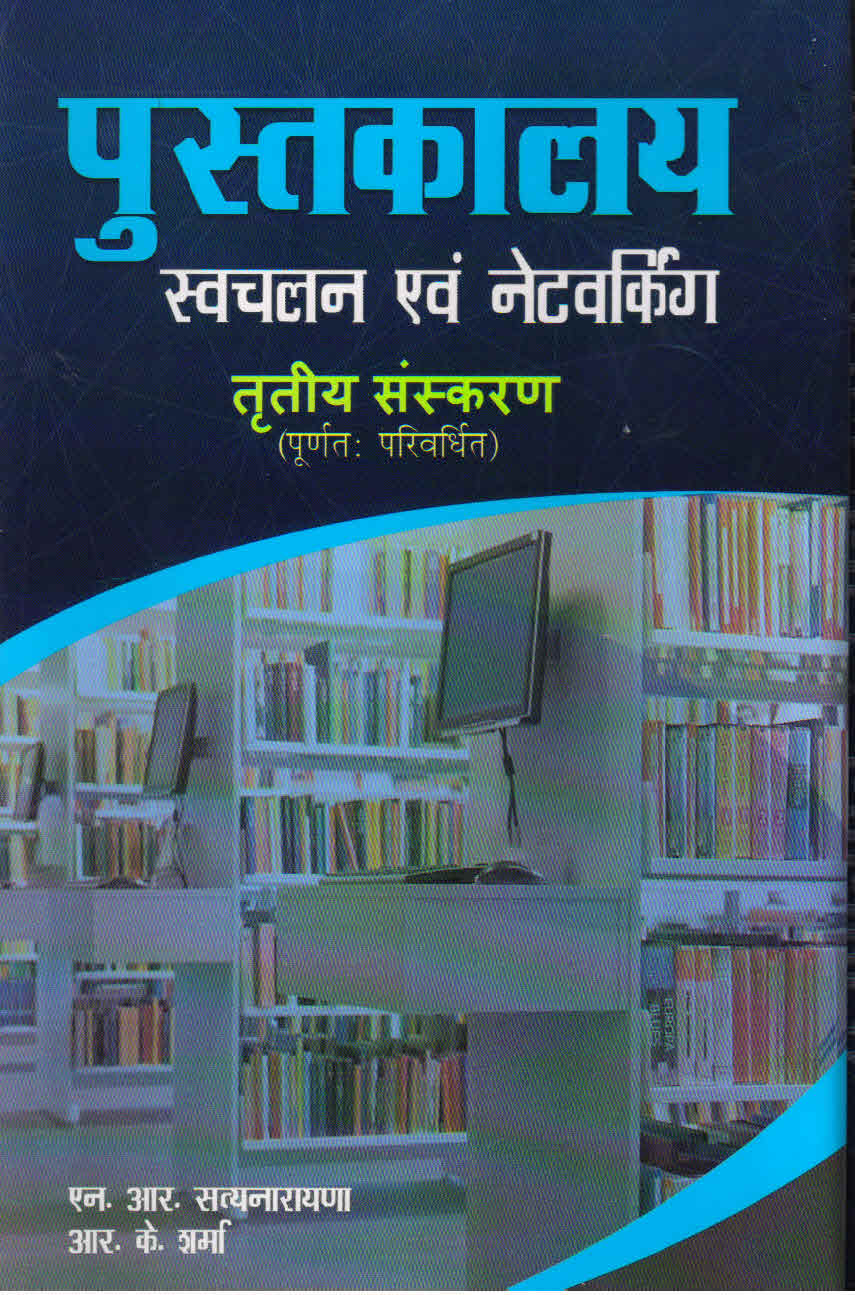Praise for Global Business Citizenship
"At last! The book that finally explains what Global Citizenship means for business. recently. this term has been used and abused by countless consultants. academics. and managers. But when some of the most respected theorists in the area of business and society put it relief, it's time to listen.
Thomas Donaldson, Mark O. Winkelman Professor, The wharton School.
This book provides a much-needed conceptual and practical approach to the notion of Global Business Citizenship, an important idea whose time has come. By blending theory and case studies, the autors examine comprehensively the problem and prospects for GBC to emerge as dominant paradigm for managers and students alike to both understand and operationalize the role of the transnational corporation in the global political economics of the twenty-first century
Edwin M. Epstein, Professor, University of California, Berkeley
This book is very timely and a must read for corporate America in the Post-Enron and World Com environment we operate in."
-Gary D. Forsee, President and CEO, sprint Nextel
"This book provides a unique opportunity to explore critically what responsible leadership and global business citizenship is all about, and how this new way of thinking can be applied in practice with cultural sensitivity.
- Heidi Van weltzien Hoivik
Professor of Business Ethics and leadership, Norweigian School of Management and President of the European Business Ethics Network
" In a time when decent managers are ever more puzzled by the meaning and substance of global business ethics, this timely book provides everything they need to know to understand why and how they should take it seriously. Clearly reformist in spirit-who would dare defend the status quo today? this book is never moralizing, and this is one of its stronger points. The authors' style is crisp and alert, with plenty of examples, cases, and breathing space. We now have an entirely original book that ells the whole story from beginning to end on the management of global business ethics, and a wholly readable one.
-Jean Pasquero, Professor of Corporate Social Management University of Quebec at montreal.
"This book explores Challenges and provides solutions to key ethical dilemmas faced by global leaders in today's corporations. Reading it is time well spent.
-Vincent Shepherd, Executive Director, Human Resources, Accenture.
"All companies are facing a more competitive, rapidly changing and increasingly global business environment. In the midst of that sea of changes, the ethical moorings need to hold firm. This book offers an analytical yet practical framework for thinking about this critical topic and for putting it into action."
Micheal T. Whealy, Executive Vide President and chief administrative Officer, First Data Corporation
Global Business Citizenship
Rs. 825
Additional information
| ISBN | 9788184050493 |
|---|---|
| Year of Publication | 2009 |
| Binding | HardBound |
| Pages | |
| Edition | |
| Language | English |
Preface
Acknowledgments
1. An Invitation to Global Business Citizenship
Linking Ethics to Business Practice
Globalization and the New Pressures on Managers
Countervailing Forces
The Promise of Global Business Citizenship
2. What's Wrong with the Status Quo?
Systems Are More Complex and Turbulent
Firms Face More Threats.........and Opportunities
Managers Are Caught in a Vise
Capitalism Itself Is Threatened
The Promise of Global Business Citizenship
Conclusion
3. The Lens of Global business Citizenship
The Concept of Citizenship
Making the Leap from Individual to Business Citizenship
Three Approaches to Citizenship
Comparing Views of Citizenship
The Process of Global Business Citizenship
Guidelines for Implementing GBC
Conclusion
4. Principles, Codes, and Policies: The Guidance System for Global Business Citizenship
Organizational Guidance Systems
GBC Requires a Small Set of Comprehensive
Universal Principles
Universal Principles and Ethical Relativism
What Are "Universal" Principles?
Codes of conduct: What's Covered?
Codes of Conduct; Temptations and Dilemmas
What Does a GBC Code Look Like?
Designing for Buy-In
The Biggest Mistakes in Codes of Conduct
Conclusion
5. The Principle of Accountability and Processes of Stakeholder Engagement
Accountability: An Overview
Stakeholder Engagement
Which Stakeholders Need to Be Engaged?
How and Where Do We Engage Our Stakeholders?
Basic Approaches to Stakeholder Engagement
More Complex Approaches to Stakeholder Engagement
Stakeholder Engagement for Large-Scale Social
Problem-Solving
Making Stakeholder Engagement Work
6. Cases in Implementing GBC Stakeholder Engagement
Implementing Stakeholder Engagement
Employee Stakeholder Engagement: Calcados Azaloia
S/A, Brazil
Supplier Engagement: Hewlett-Packard
Local Community engagement; Holcim and Union Cement
Public-Private Partnerships: Volvo and Goteborg
Multi-Sector Collaboration: Vietnam Footwear Industry
Collaborating on the Hardest Stuff: AngloGold Ashanti and Danfoss Group
Stakeholders Matter
Conclusion: Implementing Can Be Fun
7. Building the Citizen Company: The Principles of Organizational Change (Nice Theory, But will It Work?)
Definitions, Levels, Principles
How Does change Occur? The CHANGE Model
Why Do Some Change Efforts Fail?
Conclusion
8. Organizational Change the GBC Way: Cases in Implementation
What's Different About GBC Implementation?
What Makes a Problem Easier or Harder?
Merging the GBC Process and the Change Process: Examples from Global Compact Cases
Conclusion
9. The Practice of Accountability: GBC Measurement and Reporting
GBC Reporting Goes Further
Reporting Then: An Historical Perspective
Reporting New: A Current Perspective
Accountability Tools: An Internal Focus
Accountability Tools: An External Focus
Challenges of Accountability Reporting
Conclusion: Memo to Global Business Citizens
10. Cases in Implementing Stakeholder Accountability
Implementing Stakeholder Accountability
Compliance and Local Adaptation: Beauty Essential Co., Ltd.
Compliance, Conflicts, and Tool Development: Royal Dutch Shell
Experiment in Monitoring and Transparency: The Gap
Interface, Inc.'s Sustainability Reporting
Conclusion: Accountability Processes
11. System-Level Learning and the Payoff in Reputation
Knowledge Management and GBC Learning
Systems-Level Learning
How Does a GBC Company Learn?
What's the Link from Accountability and Stakeholder Engagement to Learning?
Benchmarking: How GBC Firms Learn to Learn
Reputation, Image, and Identity the GBC way
Conclusion
12.. The Promise of Global Business Citizenship
GBC for Managers and Their Companies: Themes Revisited
GBC Payoffs: Why Global Business Citizenship Makes a Difference
The Old Rules No Longer Work
Is It Too Late to Self-Regulate?
Power Imbalances and the Need for Self Regulation
Problems to Watch Out For
In the End, a New Beginning
Notes
Bibliography
About the Authors
INDEX







